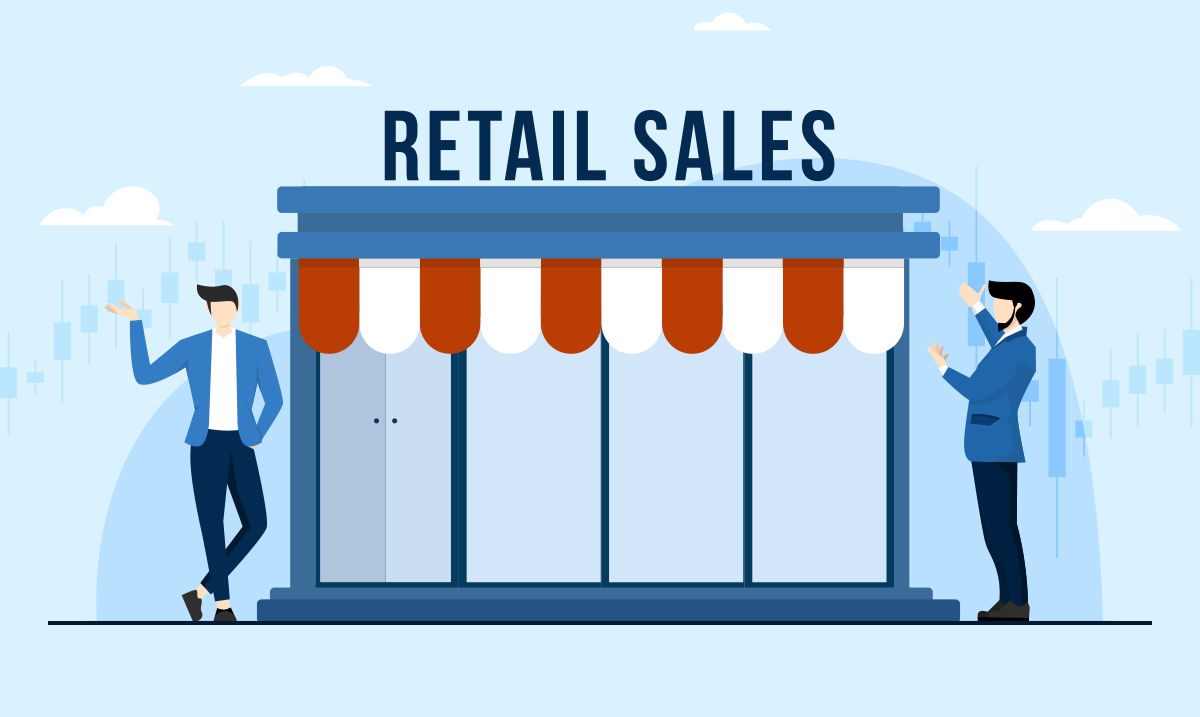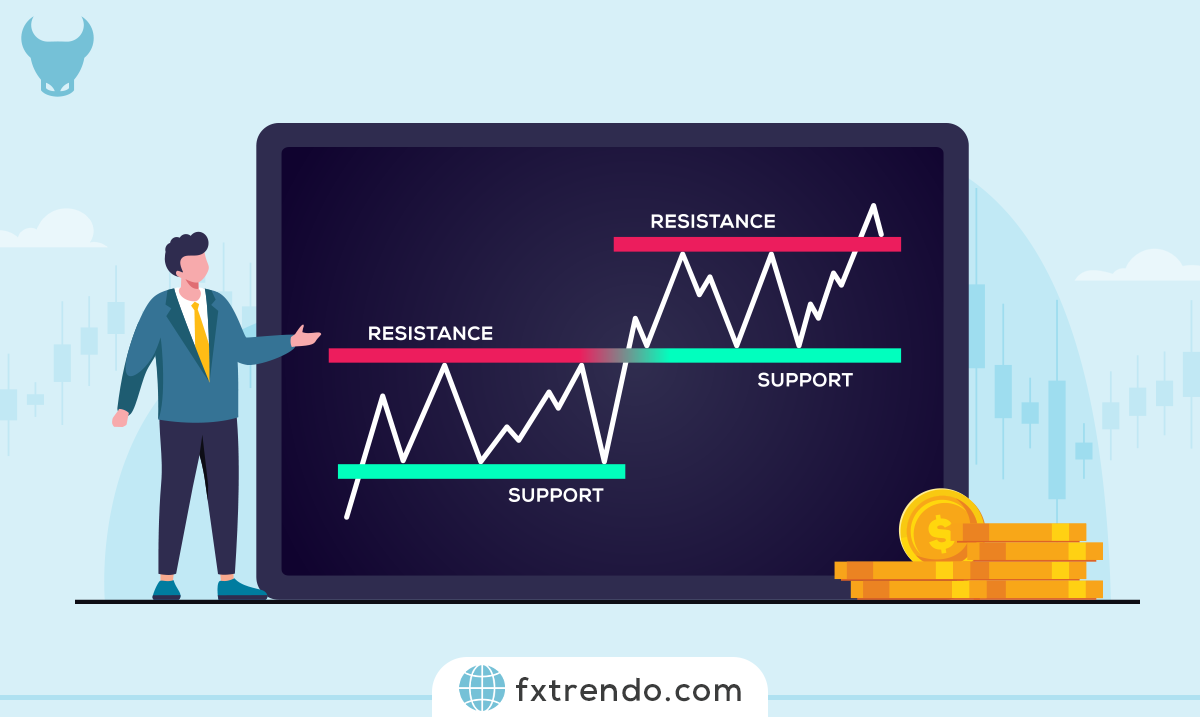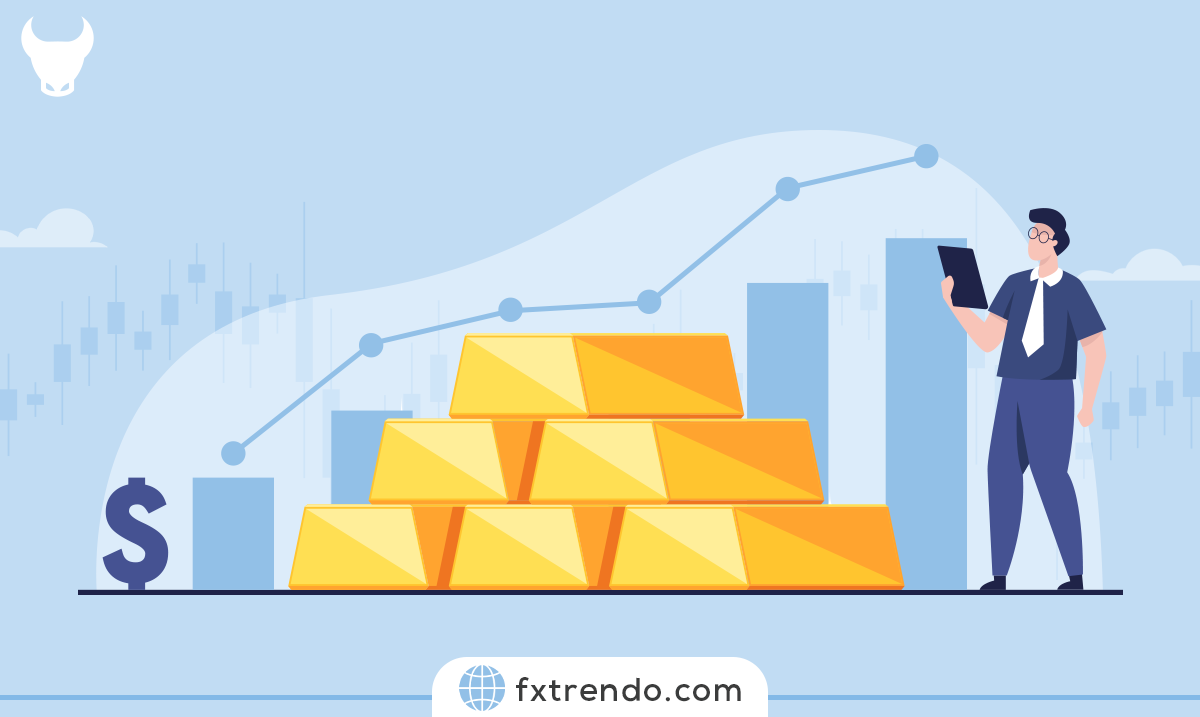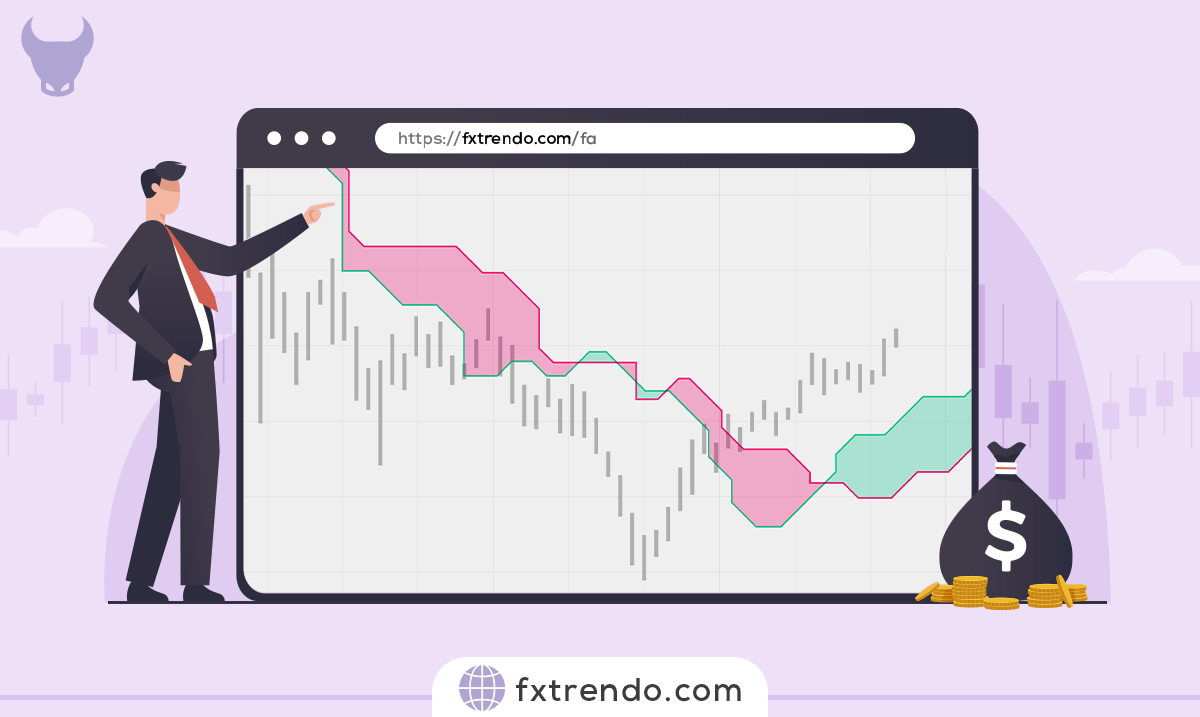The demand level is the main stimulant of a country’s economic growth. In the long run, we can consider financial and monetary policies implemented by governments and central banks to be influential in the demand level in a country’s economy. Household consumption accounts for more than 65% of the gross national product. Since retail sales make up most of household consumption, monitoring retail sales data can be a helpful predictor of GDP & Inflation.
Retail Index
Retail Sales are one of the key economic indicators affecting the Forex market. Retail sales are all goods and services sold by retailers to consumers. In other words, retail sales are the purchases of finished goods and services by final consumers. The government collects this and uses it to measure consumer spending, which is a significant component of the overall economy. At this stage, goods and services have reached the end of the supply chain. The chain usually starts with the manufacturer or supplier and ends with the retailer, where the general public or other businesses consume it.
Retail sales data is usually released monthly or annually and is closely watched by forex traders as it can provide valuable information about the economy’s health. Many factors can affect how much retailers sell, including consumer confidence, unemployment rate & interest rate. Consumers are more likely to spend when they are confident in the economy and have a stable income. Conversely, consumers tend to cut back on spending when interest rates and unemployment are high.
Retail sales index numbers are often in two forms: including car and gas prices and excluding car and gas prices. Since car and gas prices fluctuate frequently, removing them helps identify trends better. The removed version is called Core Retail Sales.
How to calculate retail sales index
The data collected to calculate the retail index covers all retail outlets from physical stores to e-commerce. Retail sales statistics cover store & catalog sales, non-store sales of durable goods (goods that last more than three years), and nondurable goods (those that last short). It also includes data from the service sector, such as hotels and restaurants. The major categories are:
- E-commerce retailers
- Big stores
- Food & beverage stores
- Health & beauty stores
- Furniture & decoration stores
- Clothing
- Construction stores
- Car dealers
- Gas stations
Use of retail sales index in financial markets analysis
The growth of any economy is based on the available demand. Household purchases account for more than 65% of GDP, making retail sales data a critical indicator of economic health. When the retail sales index shows an increase in household consumption, it indicates more money is circulating in a country’s economy.
Several factors can be attributed to the increase in household demand. An increase in the level of employment in the economy or an increase in real wages means that total income also increases. As a result, households can now consume larger quantities of goods and services. In addition, the increase in earnings leads to the flourishing of consumer industries and the overall increase in demand. The increase in supply leads to production activities’ expansion and results in overall economic growth. The growth in demand can be a sign of easy access for households to affordable funds. In general, if homes and businesses have easy access to cheaper sources of financing, an improvement in economic activity can be expected, leading to economic development.
As an economic indicator, retail sales are used as a reliable leading indicator to identify periods of recession and recovery since its data covers more than 70% of the retail sector. For example, when the economy is at its peak, it is characterized by historically high retail sales and low levels of unemployment. When the retail sales index begins to decline consistently, it can be considered a sign that the economy is in recession. A recession period is determined by an increase in the unemployment rate and a decrease in income, which causes households to reduce their consumption and prioritize essential goods and services. Conversely, when the economy is in a recession, it is defined by a historically low retail sales index and a higher unemployment rate. In this scenario, when retail sales begin to rise steadily, it can be taken as a sign that the economy is improving. Improved labor market conditions define this period, hence the demand has increased which pushes retail sales higher.
Using retail sales as the main indicator of recession and recovery can help governments and central banks implement financial and monetary policies. Expansionary fiscal and monetary policies can be implemented when retail sales decline, which indicates the economy could head for a recession. These policies help stimulate the economy and prevent depression. On the other hand, contractionary monetary and fiscal policies could be applied when retail sales are consistently increasing rapidly. These policies aim to eliminate excess liquidity in the money supply and increase borrowing costs, thereby preventing an unstable inflation rate.
The Retail sales index effect on a country’s currency value
The two main ways that retail sales data can affect the value of a country’s currency are as an indication of economic growth and an indicator of potential monetary and fiscal policies.
When the retail sales index is steadily increasing, forex traders can anticipate contractionary policies implementation to prevent unsustainable economic growth. One of these policies is to increase the interest rate, which causes the value of that country’s currency to increase compared to others. On the contrary, expansionary monetary and fiscal policies are predictable if the retail sales index continues to fall. Such policies include interest rate cuts that devalue the local currency.
When retail sales data is rising, we can expect the currency to be relatively stronger. In this case, the economic conditions are improving, the unemployment level is reduced, and the household’s well-being is generally improved. On the other hand, the decline in retail sales data is a negative for the currency as it is seen as an indicator of a contracting economy and worsening working conditions.
How retail data releases affect Forex price charts
For example, UK retail sales data was released on October 12, 2020, at 23:00 GMT and is available on Forex Factory.
The screenshot below from the Forex Factory site shows the timing of the retail data release. As you can see, yellow indicates the possibility of low retail sales data impact on the pound currency.

As you can see in the next image, in September 2020, the retail sales index increased by 6.1%. This figure was higher than the 4.7% change recorded in August 2020 and higher than analysts’ expectations for a 3.5% change. In theory, this retail sales data is expected to impact the pound positively.

Let’s see how this indicator has affected the GBP/USD forex charts.
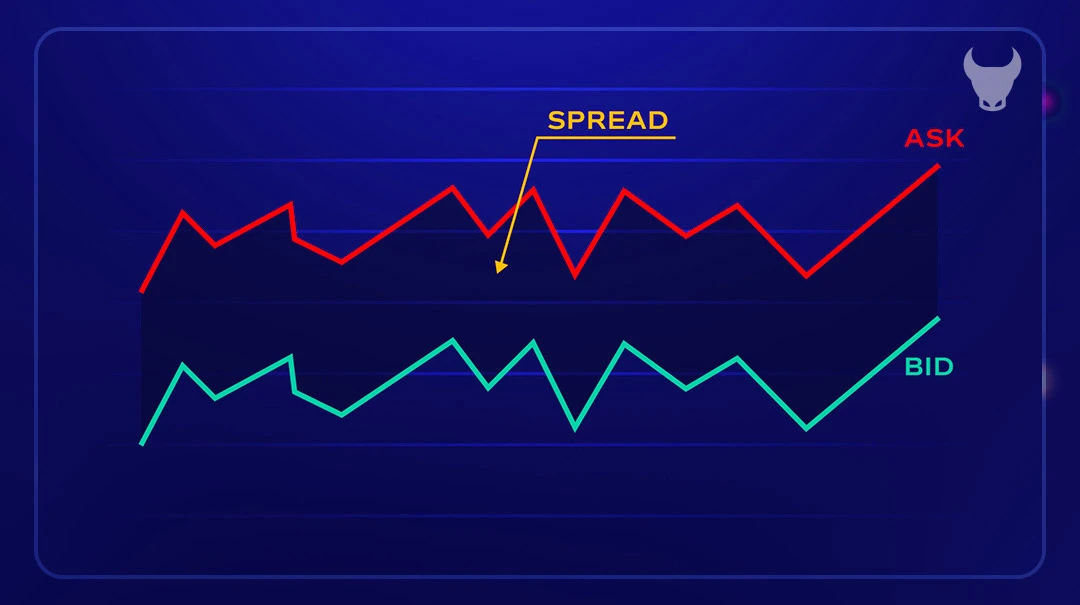
Before the release of retail sales data, the GBP/USD currency pair was trading in a range pattern. As shown in the 5-minute time frame chart above, the candles have formed near the MA20, and the moving line has a slight slope.
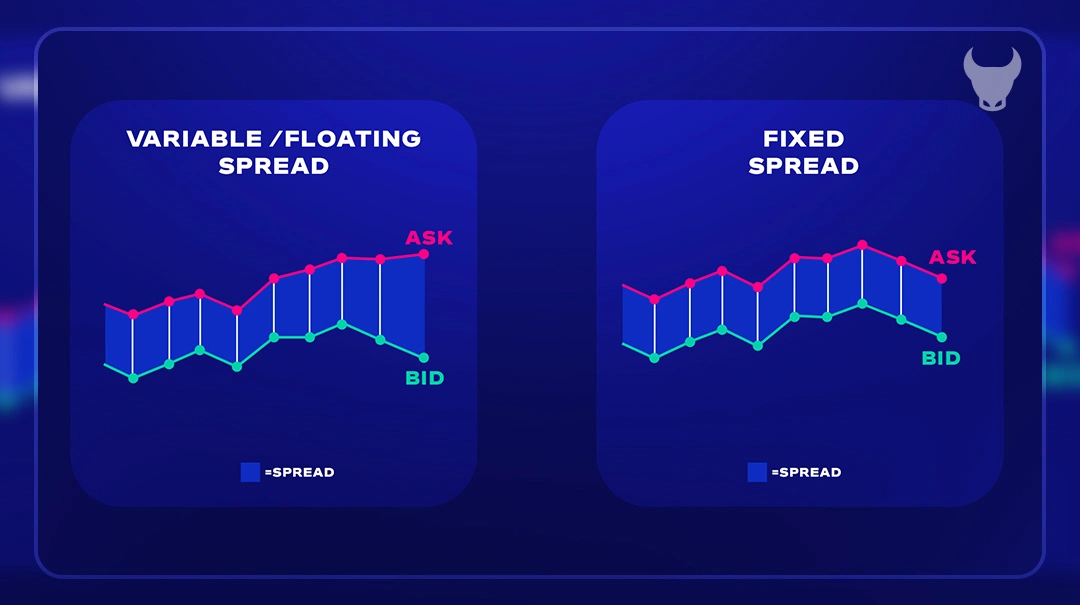
The pair formed a 5-minute “inverted hammer” candle following the release of the retail sales data. However, the data release did not significantly impact this currency pair’s trend. The GBP/USD currency pair continued in the neutral range seen earlier, and the MA20 remained flat. And this was due to the low importance of the news for the pound.
Summary
Retail sales data is a key economic indicator that affects forex trading. It provides valuable information about consumer spending, which is a key component of the overall economy. Forex traders use this data to make informed decisions about buying and selling currencies, based on the strength or weakness of the economy, as indicated by retail data. By paying close attention to economic indicators, traders can increase their chances of making profitable trades in the forex market. In addition to retail sales data, forex traders pay close attention to other economic indicators such as gross domestic product (GDP), inflation, and unemployment rate. By analyzing these indicators, traders can understand the overall health of the economy better and make more informed trading decisions.
